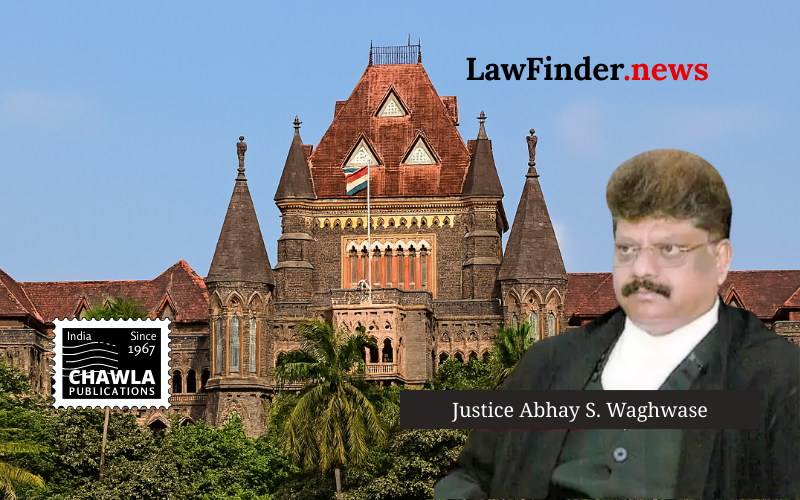Bombay High Court Upholds Acquittal in High-Profile Exploitation Case. Aurangabad Bench dismisses appeal, citing lack of evidence in sexual exploitation and gold ownership claims
News Report:
In a significant judgment, the Bombay High Court's Aurangabad Bench, presided over by Justice Abhay S. Waghwase, has dismissed the appeal filed against the acquittal order in a high-profile criminal case involving allegations of sexual exploitation and criminal breach of trust. The case, involving appellant X.Y.Z against the State of Maharashtra and others, was initially tried in the Sessions Court, Chhatrapati Sambhajinagar, where all accused were acquitted of charges ranging from rape to criminal breach of trust.
The appellant, who claimed to be a victim of sexual exploitation and theft of gold ornaments, sought to overturn the trial court's decision and prevent the release of gold ornaments to the accused parties. The allegations included forced sexual relations under the influence of intoxicants and unauthorized removal of gold from a bank locker.
Justice Waghwase, after re-evaluating the evidence presented during the trial, emphasized the absence of distinct and cogent evidence required to substantiate the serious charges under Sections 376(i), 328, 385, 406, 114, 323, 504, and 506 read with Section 34 of the Indian Penal Code (IPC). The court noted inconsistencies in the victim's testimony and the lack of prompt reporting, which undermined the credibility of the sexual exploitation allegations.
Furthermore, the court held that the claims of criminal breach of trust regarding the gold ornaments were unsubstantiated due to the absence of evidence proving ownership or unlawful possession. The appellant failed to establish ownership and possession during the trial, and the appellate court ruled that such claims must be substantiated in the trial court, not during appellate proceedings.
The judgment highlights the necessity of distinct evidence in serious criminal cases and reinforces the trial court's findings that the allegations were not supported by credible evidence. The appellate court's decision to dismiss the appeal and criminal application further emphasizes the importance of establishing ownership claims during the trial phase.
The legal proceedings underscore the complexities involved in cases of alleged sexual exploitation and property disputes, particularly when delayed reporting and lack of corroborative evidence are factors. The court's decision is a reminder of the high evidentiary standards required to overturn acquittals in criminal cases.
Bottom Line:
Evidence must be distinct and cogent to substantiate charges under Sections 376(i), 328, 385, 406, 114, 323, 504, 506 read with Section 34 of IPC. Claims of ownership over property must be established during trial and not in appellate proceedings.
Statutory provision(s): Sections 376(i), 328, 385, 406, 114, 323, 504, 506 read with Section 34 of IPC; Section 452 of Cr.P.C.
X.Y.Z v. State of Maharashtra, (Bombay)(Aurangabad Bench) : Law Finder Doc Id # 2780943




